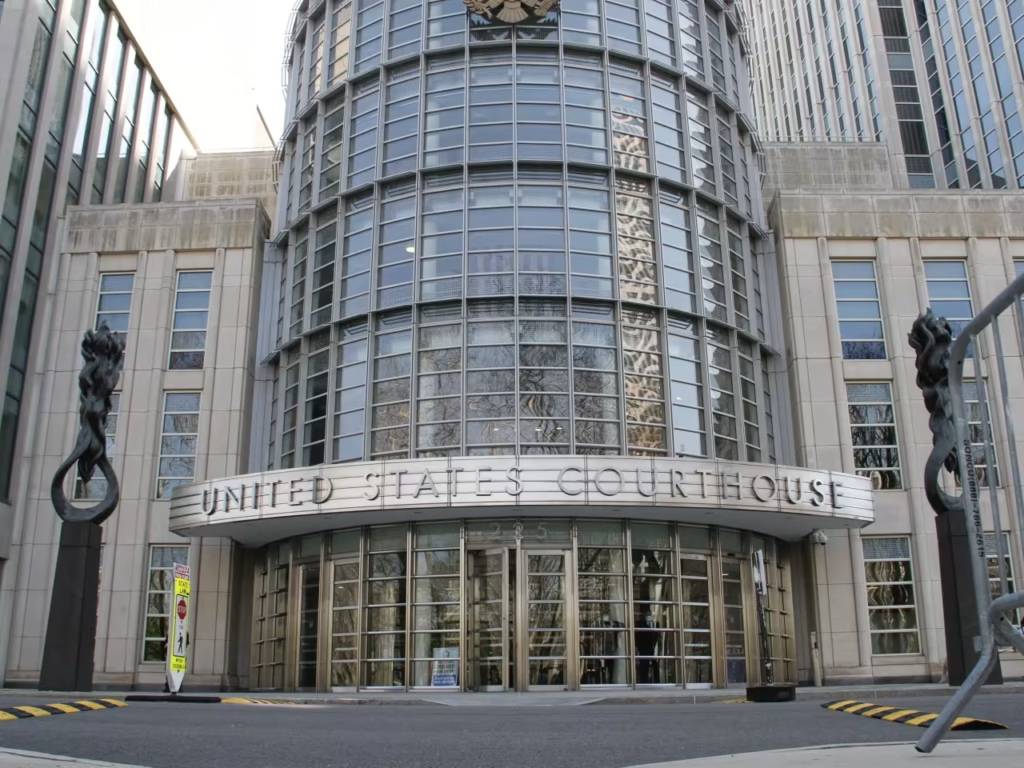A federal jury in New York has delivered guilty verdicts against David Gentile and Jeffry Schneider in one of the largest private equity fraud cases to date, highlighting the crucial role of whistleblowers in exposing financial misconduct. Gentile, who founded and led GPB Capital Holdings LLC, and Schneider, who headed marketing firm Ascendant Capital LLC, were convicted of securities fraud, wire fraud, and conspiracy charges related to a scheme that raised $1.7 billion from over 10,000 investors.
The conviction stems from a complex fraud where GPB Capital, an SEC-registered investment advisory firm serving as general partner to several private equity funds, misrepresented fund performance and the source of monthly distributions to investors. When the funds underperformed, the defendants used new investor capital to maintain distribution payments while creating fraudulent backdated documents to conceal their actions.
The case gained momentum in 2021 when the SEC charged the defendants with securities law violations, including retaliation against a whistleblower and the use of anti-whistleblower language in termination agreements. GPB Capital was subsequently placed under court-appointed monitoring and entered receivership in December 2023.
The GPB Capital case joins a growing list of private equity frauds exposed by whistleblowers. In 2022, Apollo Global Management faced SEC scrutiny after a whistleblower revealed systematic overcharging of portfolio company fees. The subsequent investigation led to a $52 million settlement and significant reforms in Apollo’s fee calculation practices.
Similarly, KKR’s former compliance officer turned whistleblower in 2021 exposed misallocation of broken deal expenses among the firm’s flagship funds and co-investment vehicles. The revelations resulted in a $30 million penalty and mandatory external compliance monitoring.
Perhaps most notably, the 2020 Platinum Partners case demonstrated the impact of whistleblower testimony in uncovering sophisticated valuation fraud. A former portfolio manager’s detailed evidence helped prosecutors secure convictions against three executives who had orchestrated a scheme to inflate fund values and deceive investors about liquidity constraints.
The industry has also seen whistleblowers expose improper expense allocations at The Carlyle Group, leading to a 2019 settlement requiring the firm to reimburse investors $27 million and revise its expense allocation methodologies. More recently, whistleblower tips led to investigations of several mid-market private equity firms for misleading investors about portfolio company performance and manipulation of internal rate of return calculations.
These cases underscore the vital role of whistleblowers in maintaining market integrity. U.S. Attorney Breon Peace emphasized this point following the GPB verdict, stating, “The jury found that the defendants lied to investors about the health of their funds and the source of fund distribution payments, all while they were fraudulently making those distribution payments with investor capital to maintain the appearance of successful portfolio companies.”
The private equity industry’s complex structure and limited transparency make whistleblowers particularly valuable in detecting fraud. Investment professionals, compliance officers, and portfolio company executives have increasingly come forward to report misconduct, protected by strengthened whistleblower provisions in securities laws.
The success of the SEC’s whistleblower program in the private equity sector has led to enhanced scrutiny of valuation practices, fee structures, and disclosure requirements across the industry. Since 2019, whistleblower tips related to private equity have resulted in over $400 million in enforcement actions and the return of more than $1 billion to defrauded investors.
The GPB Capital conviction, alongside these other cases, demonstrates the financial industry’s continued vulnerability to sophisticated fraud schemes and the essential role of whistleblowers in bringing such misconduct to light. As private equity firms manage increasingly large pools of capital, the importance of internal watchdogs and regulatory oversight becomes ever more critical in protecting investor interests.


